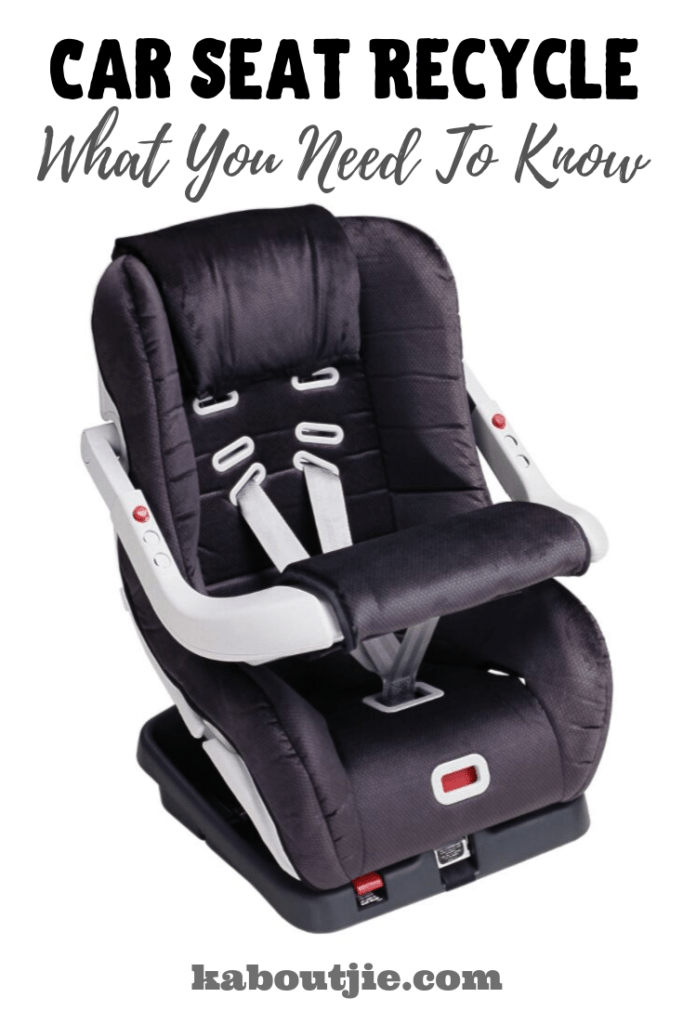Recycling is one of the best ways you can have a positive impact on the world your child is growing up in. The world’s population is growing more and more every day and each individual increases a significant amount of waste to the planet over their lifetime.
Fortunately, over the past several decades, there have been many exciting developments in the field of recycling. In fact, waste and recycling developments over the past year have set a standard for the opportunities and challenges of our communities, industries, and environment for the years ahead.

What Exactly is Recycling?
Most of us have a pretty good idea of what recycling is. But, basically, recycling involves turning used materials that are categorized as “recyclable” over to our local waste service. The materials are transformed back into a raw form that can later be used to create another product.
This limits the use of natural resources and drastically decreases additional waste that not only harms the planet now but will harm future generations as well. Our natural resources on the planet are limited so we should take care to conserve, reuse, and recycle when possible.
Can I Recycle My Child’s Car Seat?
Yes and no. Well, for the most part, yes. It depends on the area you reside in and what your waste facilities offer. There are some areas which will take your car seat as a whole and other areas within the country that won’t.
Tossing it into the garbage can is the easiest option. But it seems like such a waste to send a car seat to a landfill since car seats are comprised mainly of recyclable metal and plastic. So instead of just tossing it, we’ve come up with some better options: trade-in programs, recycling, and donating.

Trade-in Programs?
Periodically, Walmart, Target and a few other stores have programs that help parents recycle old car seats that can’t be handed down or resold.
Walmart has joined forces with Dorel Juvenile, a manufacturing company that makes baby strollers out of recycled materials from car seats. The brand is called The Safety 1st Riva Travel System. It is an eco-friendly car seat and stroller combination sold exclusively at Walmart.
Target has been having an annual car seat trade-in typically in the Spring. Check online for the exact dates. Customers who trade in old car seats receive a coupon for 20 percent off the purchase of a new car seat, stroller, car seat base, playard, highchair, rockers, bouncers, and swings.
Since Target first started the program in 2016, more than 306,000 car seats, totaling more than 4.6 million pounds of materials, have been recycled.
A huge “hooray” to Walmart and Target for simplifying the challenge of recycling old car seats. There are very few stores with programs such as these.
You can also contact the store where you purchased your car seat or look online to see if they or the manufacturer offer any car seat trade-in programs.
What if I Don’t Have a Local Trade-in Program?
If you’re located in an area that doesn’t have nearby recycling options for car seats, you can still recycle many parts of the seat on your own. However, some curbside recycling programs won’t accept car seats, even if they are dismantled. There are only about 14 states at this time that have recycling programs for car seats so be sure to check with your local waste department first.
Get your tools out and break down the car seat into recyclable parts that you can either put into your recycling bin or take to a local collection point. Note: the foam is usually not recyclable so check with your facility before you dispose of it.
Here are some tips for preparing the car seat for recycling:
- Using scissors, remove all the padding, fabric, and straps from the car seat. Most likely, you will have to trash these items.
- Using a Phillips-head screwdriver, remove as many of the metal pieces from the base and the car seat as you can.
- Put the separated metal and plastic parts in your recycling container making sure you are following the guidelines established by your local recycling program.
- Mark the plastic seat as expired or unsafe. This will discourage someone from coming by and picking up the discarded seat for their own use. You don’t want to put another child’s well-being at risk.

Can I Donate My Car Seat?
If your car seat is in perfect condition, you can pass it on to a friend, family service organization, church, etc. as long as it has not passed its expiration date, been in an accident, or been recalled.
To determine if your car seat qualifies for donation, follow these steps:
- Check the date of expiration. If the car seat is six years past the manufacture date, it is considered too old to be safe. If it is past the expiration date, it cannot be donated.
- Confirm that your car seat has never been in an accident. If you purchased your car seat brand new and know that it has never been involved in an accident, you can donate it. If you purchased your car seat second hand, don’t donate it.
- Verify that it has never been recalled. Check the model number, located on the bottom of the car seat or in the manufacturer’s pamphlet, with the S. Department of Transportation. Do not donate it if it has been recalled.
- Don’t donate it if it has been cleaned with bleach or any other harsh cleaning chemicals. These chemicals tend to break down the material on the straps of the seat causing them to lose strength and not properly restrain a child in the event of an accident.
- Fill out an evaluation form when donating your used car seat and attach it to the car seat.
If your car seat has never been in an accident, been recalled, has not expired, and has not been cleaned with harsh chemicals, you can donate it.
Note: Many second-hand stores and thrift stores cannot take a used car seat.
These days there are many recycling programs that can help simplify the recycling process. So, if you’ve been storing a car seat in the corner of your garage because you just don’t want to toss it into the garbage can, it’s time to pull it out, dust it off and look into recycling. Sending a recyclable car seat to a landfill is a terrible thing to do to our environment and will impact not only our generation but that of generations yet to come.
 About The Author
About The Author
Keren Simanova is a busy mommy by day and a passionate writer by night.
While spending countless hours researching car seats for her children, she created an educational car seat blog, CarSeatsMom.com to educate other mothers about the importance of car seats. Further, along the way, the blog became an invaluable source for research of a variety of car seat brands, unique features, and mommies’ reviews.
 Kaboutjie SA Mommy Blogs by Lynne Huysamen
Kaboutjie SA Mommy Blogs by Lynne Huysamen




